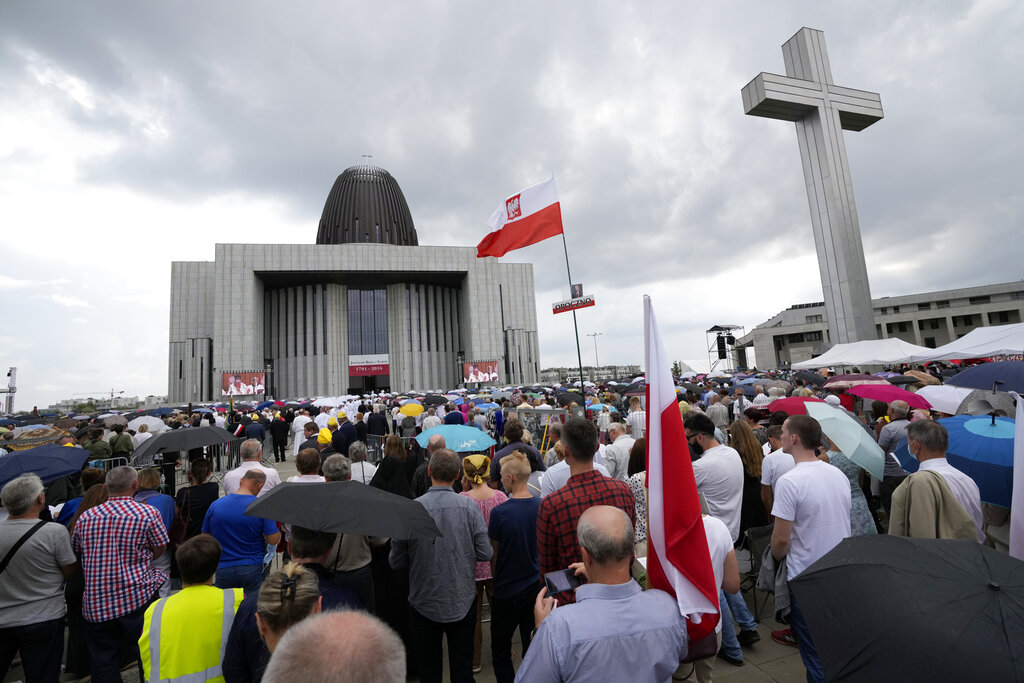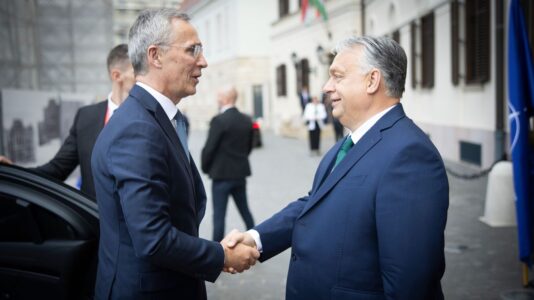The conclusion of the European Parliament elections in Poland marks the end of a political triathlon that began with the parliamentary elections on Oct. 15 last year and was followed by local elections on April 7. This series of political events culminated in the European Parliament elections on June 9. As we move past this political marathon, a period of calm might seem to be on the horizon; however, the major parties will soon be announcing their presidential candidates for the fall.
The Civic Platform (PO) emerged victorious in these European elections, but only by a slim margin of 0.9 percent over the Law and Justice (PiS). More importantly, Donald Tusk’s party has significantly encroached upon the electorates of both the Third Way and the Left. This shift will likely have adverse consequences for Poland’s faithful.
Many Poles had hoped that the Polish People’s Party (PSL), led by Władysław Kosiniak-Kamysz, and to a lesser extent, Szymon Hołownia’s “Poland 2050,” which form the Third Way alliance, would act as a brake on ideological issues. This expectation was partially met as, for now, opposition from Hołownia and Kosiniak-Kamysz has blocked the Civic Platform’s initiatives to introduce widespread access to abortion on demand. However, when it comes to the arrogant treatment by the Ministry of Education of religion classes in Polish schools, the Third Way seems to have been powerless.
Both parties also failed to react to the erosion of constitutional guarantees for doctors to act with freedom of conscience in Polish hospitals regarding abortion. The ease with which the PO has attracted a significant portion of the Third Way’s voters without any attempt to temper its anti-Catholic fervor, as exemplified by Education Minister Barbara Nowacka, suggests that the Civic Platform may see no need to moderate those in government who dream of “filing down the Catholics.”
An even worse forecast is the apparent takeover by Tusk’s party of left-wing voters. As the Civic Platform continues this trend, it may adopt the slogans of a cultural revolution, cynically stealing from the political arsenal of leaders like Włodzimierz Czarzasty and Adrian Zandberg. Logically, prudence should prompt Donald Tusk to soften his approach. However, continuing signs of a shift to the left are straining the coalition. If the coalition begins to crumble, the PO could lose its parliamentary majority, though the next elections are still three years away.
Tusk might believe he can first devour “the appetizers” from the camps of Kosiniak-Kamysz and Hołownia before possibly softening his cultural stance. This strategy might seem clever but fails to consider that the majority coalition of the Civic Platform, the Third Way and the Left, could fall apart along the way.
Meanwhile, Polish bishops from the joint government and Episcopal commission have been waiting for over six months just for a meeting with representatives of Tusk’s government. In the Civic Platform camp, there is still a belief that arrogance toward the faithful is profitable. This attitude and strategy may pose significant challenges for Poland’s religious communities in the years to come.






